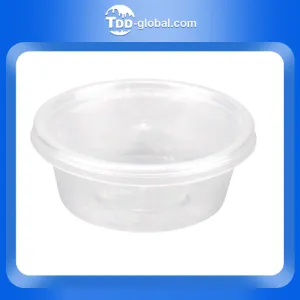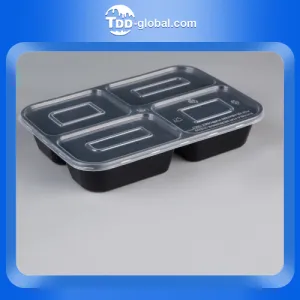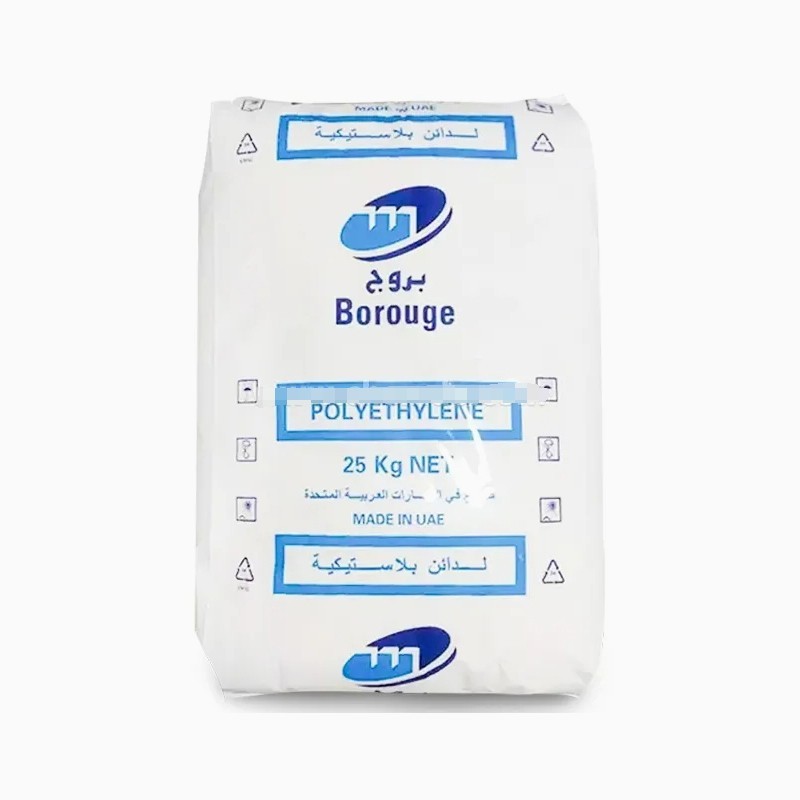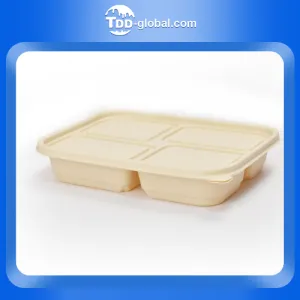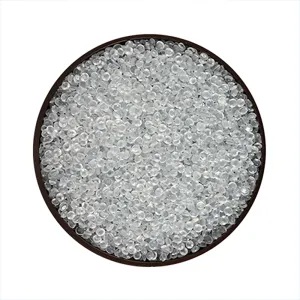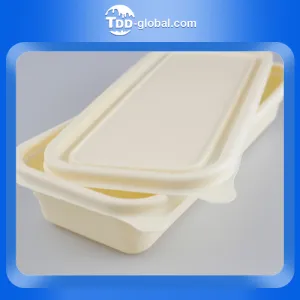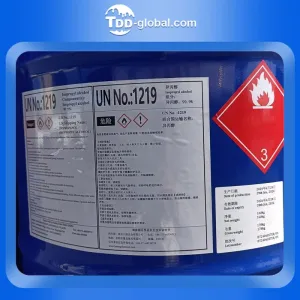KPR Agrochem doesn’t have enough shine, can skip IPO

Getty ImagesThe operating and net margins were 17.9 per cent and 5.7 per cent respectively during the period.
ET Intelligence Group: KPR Agrochem plans to raise Rs 283 crore from an initial public offering (IPO). Of this, three-fourths is through fresh issue of shares and the remaining is an offer for sale by promoters. The proceeds will be used to reduce debt and cater to the working capital requirements of the company.
Investors may skip the IPO given the listless revenue growth in the past four years, weak financial position of promoters and rich valuation compared with peers.
Business
Andhra Pradesh-based KPR Agrochem manufactures 156 types of chemical formulations including mixture of nitrogen, potassium and phosphate (NPK), raw material for animal feeds and sulphuric acid. The company is India’s third largest dimethyl sulphate maker (used in pesticides, paints and pharma) and second largest maker of di-calcium phosphate (used in animal feed). Majority of revenue originates from the southern states.
Financials
Revenue remained in a narrow range of Rs 581-615 crore while net profit was between Rs 22 crore and Rs 30 crore in the past four fiscals. In the nine months of FY19, the company had a revenue of Rs 482 crore and net profit of Rs 27.5 crore. The operating and net margins were 17.9 per cent and 5.7 per cent respectively during the period. The debt-equity ratio was 1.2 and interest outgo was 44 per cent of the operating profit.
Risks
The company’s promoters have weak financial strength and one of the promoter group companies, KPR Industries was declared as a non-performing account and defaulted on payment obligations. The promoters’ focus on caustic soda project built through KPR Industries has capped their ability to infuse money in KPR Agrochem. The promoter holding after the IPO will decline from 72 per cent to 48 per cent. Agrochemicals business is working capital intensive, and the company’s working capital cycle ranges between 150 and 200 days. This makes the business growth dependent on working capital finance. The average receivables collection period in the past three fiscals has been 161, 154, and 162 days in that order.
Valuation
At the higher end of the price band, the stock’s asking price-earnings or P/E multiple is 19.9 and the enterprise value (EV) is 8.8 times the operating profit before depreciation (EBITDA) based on post issue capital and annualised earnings. The company’s peers such as Dhanuka Agritech and Insecticides India trade at lower P/Es despite having better return on equity and higher revenues.
Recommended Suppliers
 September 23, 2024
September 23, 2024  June 3, 2024
June 3, 2024  June 3, 2024
June 3, 2024  June 3, 2024
June 3, 2024  June 17, 2024
June 17, 2024 
